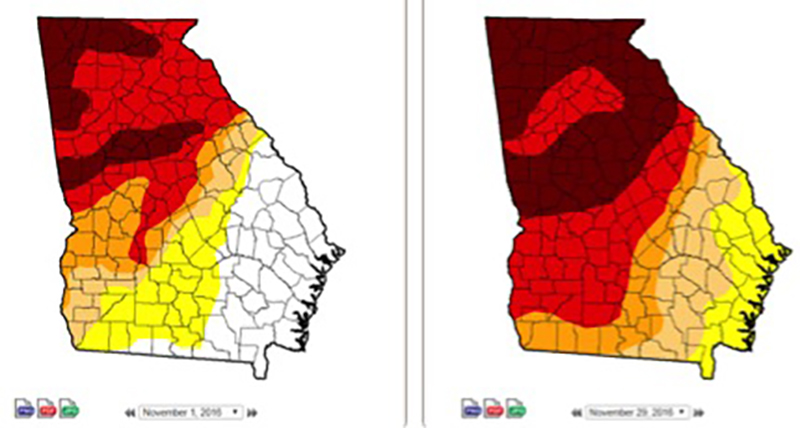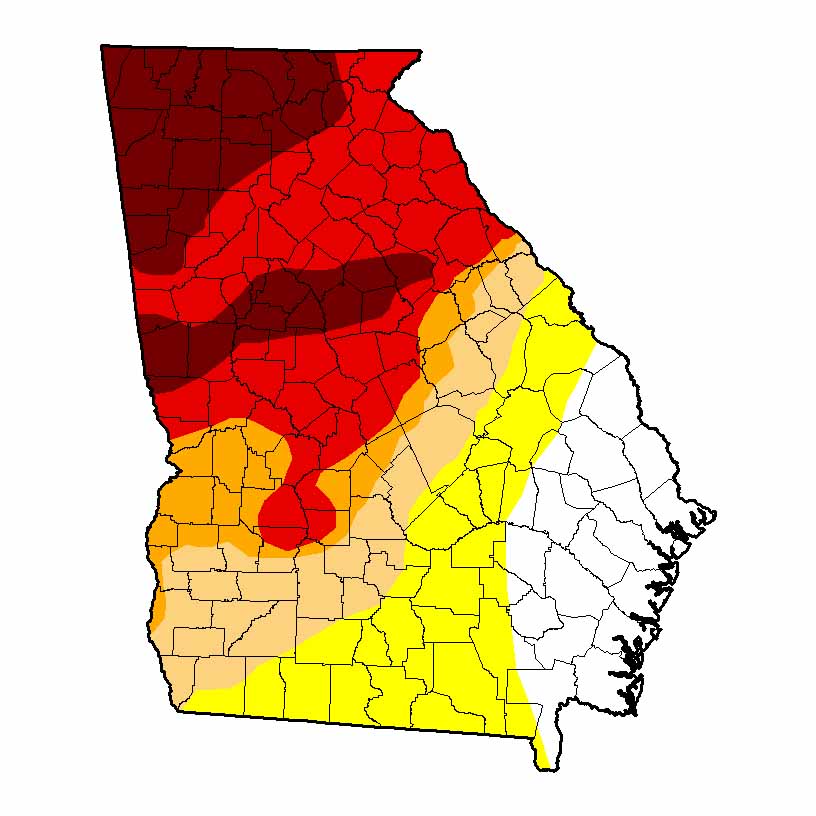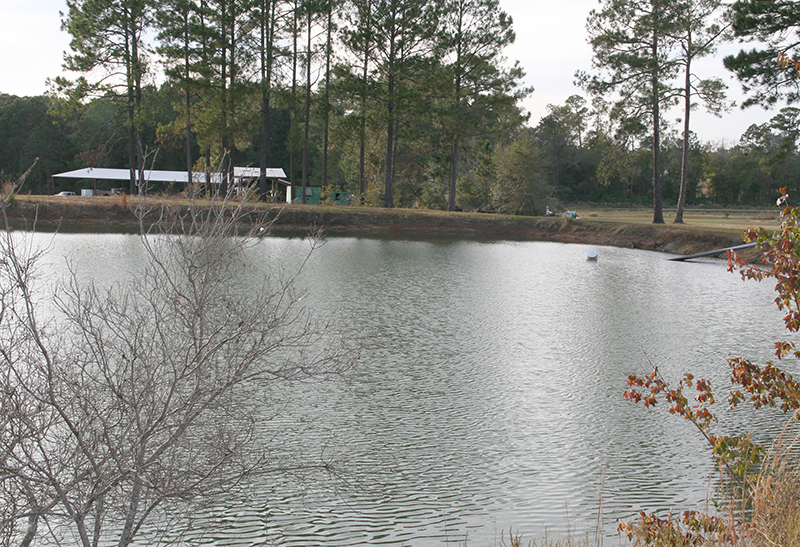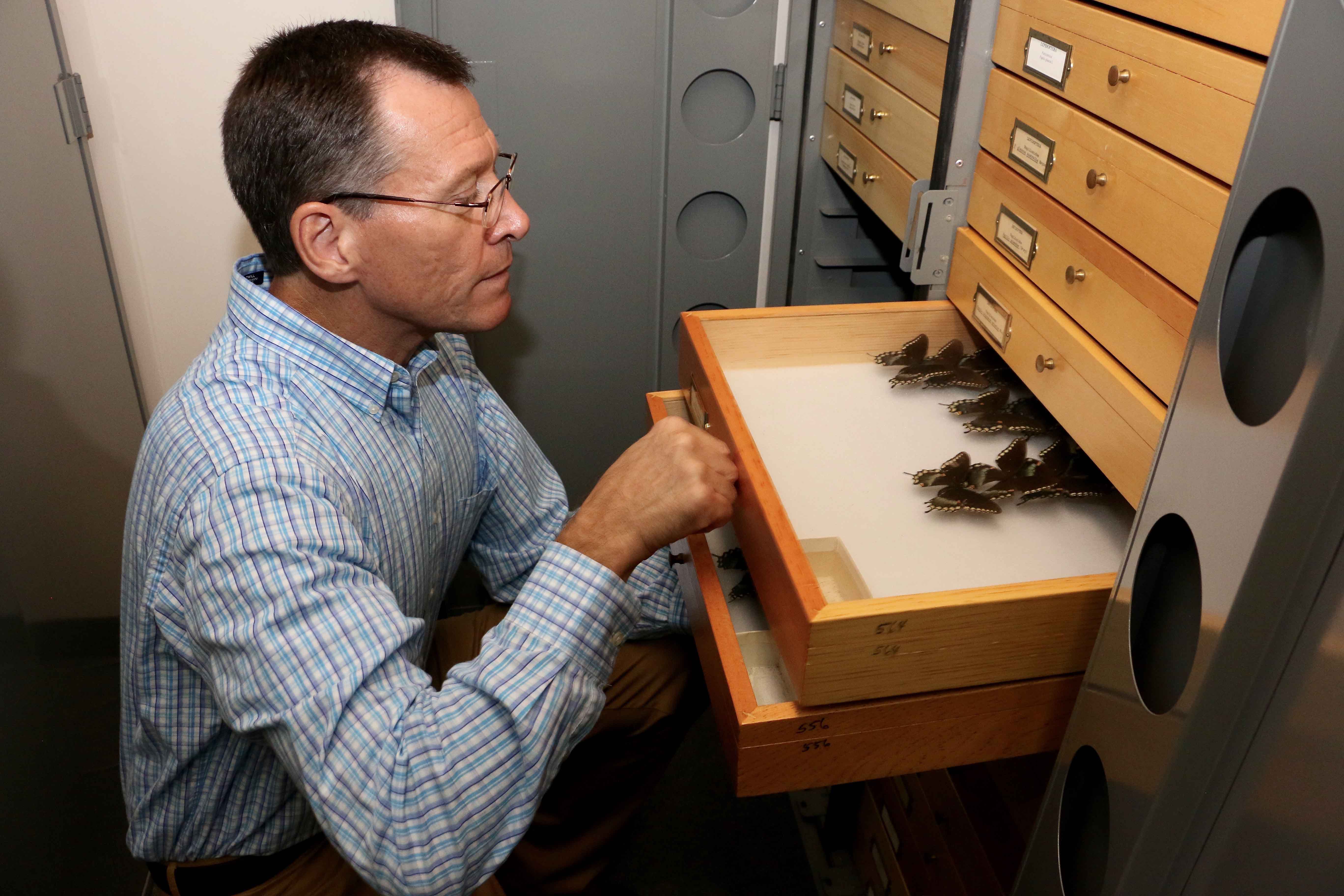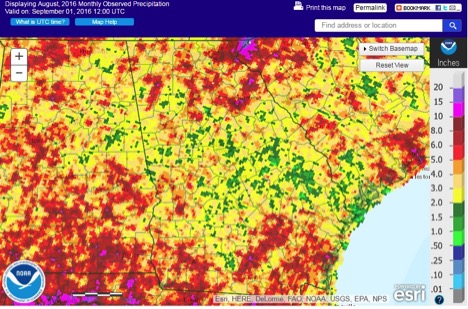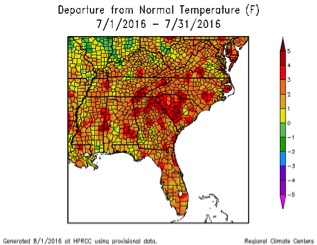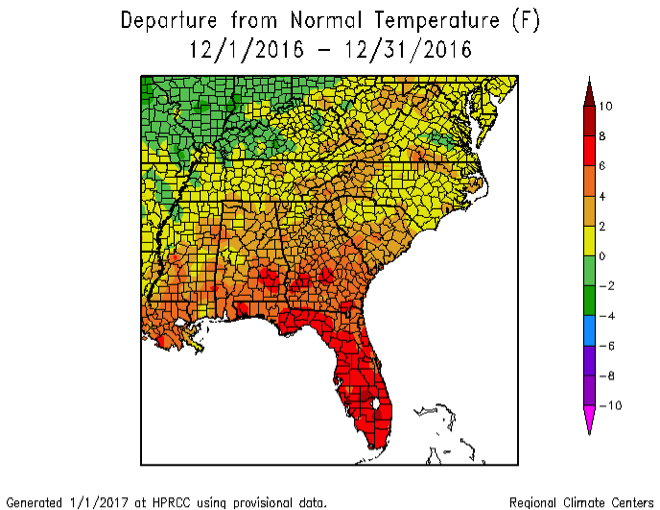 CAES News
CAES News
December Climate
While the rain in December 2016 eliminated abnormally dry conditions along the Georgia coast and reduced drought conditions in southern Atlanta and south Georgia, only limited relief was seen in north Georgia.

